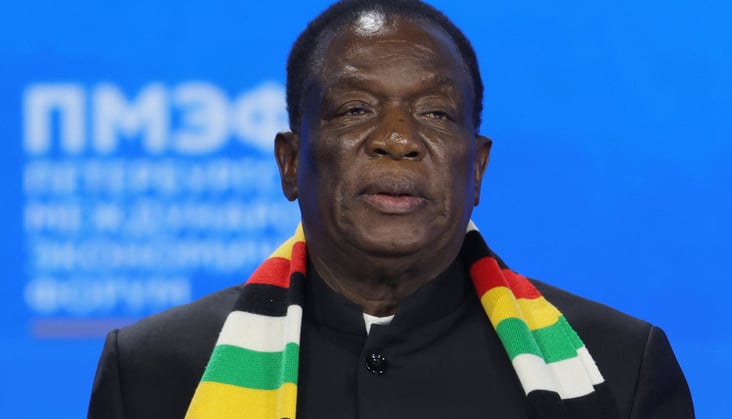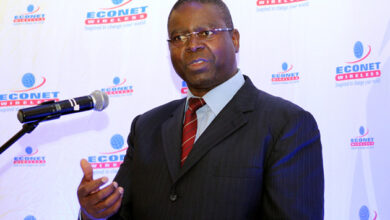Mnangagwa Coup Against Mugabe: A Desperate Bid to Avoid Poll Defeat

In a gripping revelation, Lovemore Mukandi, a former deputy director of Zimbabwe’s Central Intelligence Organisation (CIO), has published a compelling book titled How Emmerson Mnangagwa Blindsided Robert Mugabe and Grabbed Zimbabwe. The book outlines the intricate web of political maneuvers that led to the ousting of the long-time president Robert Mugabe in 2017, a coup orchestrated by his then-deputy, Emmerson Mnangagwa. Mukandi alleges that the coup was not merely a power grab but a strategic move to evade potential electoral defeat and prosecution for past atrocities.
The Context of the Coup
Mukandi argues that Mnangagwa, who served as the State Security Minister during the Gukurahundi massacres of the 1980s, faced significant risks as Mugabe’s power waned. The Gukurahundi, which resulted in the deaths of approximately 20,000 people, primarily from the Ndebele ethnic group, left a dark stain on Zimbabwe’s history. Mukandi claims that Mnangagwa feared being held accountable for his role in these atrocities and realized that he would likely lose any upcoming elections, especially with Mugabe’s growing favoritism towards Sydney Sekeramayi as his successor.
“The coup was long planned in the 1980s because Mnangagwa wanted to rule but realized he would not win elections,” Mukandi stated during an online interview to promote his book. He emphasized that the coup’s timing was not coincidental but rather a calculated effort to maintain control and avoid facing the consequences of past actions.
Fear of Accountability
According to Mukandi, the inner circle of the coup—including figures like Constantino Chiwenga, who led the military intervention—was driven by fear of accountability. They were aware of the growing outcry over the Gukurahundi genocide and understood that their involvement in these human rights violations could lead to future prosecution. This fear, Mukandi argues, motivated them to act decisively against Mugabe, who had become increasingly vulnerable due to internal party disputes and public discontent.
Mukandi’s book paints a picture of a tightly-knit group of individuals, including former military leaders and CIO officials, who were all complicit in the atrocities and felt their power was under threat from Mugabe’s potential successor.
The Aftermath of the Coup
Since the coup, Mnangagwa has positioned himself as a reformist leader, promising to revive the economy and restore international relations. However, critics argue that the same tactics of repression and control continue under his leadership. Mukandi’s revelations add a layer of complexity to the understanding of Zimbabwe’s political landscape, suggesting that the roots of Mnangagwa’s presidency are intertwined with a history of violence and political maneuvering aimed at self-preservation.
How Emmerson Mnangagwa Blindsided Robert Mugabe and Grabbed Zimbabwe offers a controversial perspective on the events that reshaped Zimbabwe’s political scene. As Mukandi exposes the motivations behind the coup, the question remains: can Zimbabwe truly move forward, or are the shadows of its past too deeply ingrained in its current leadership? This book serves as a crucial narrative in understanding the ongoing struggles within Zimbabwean politics and the enduring legacy of a tumultuous history.




